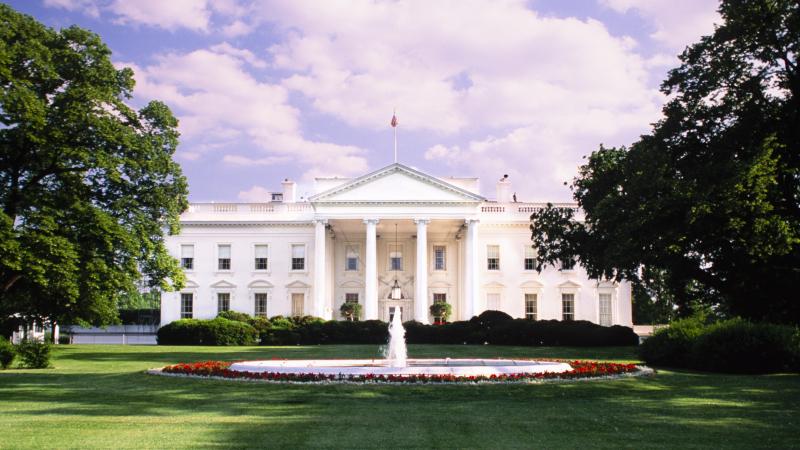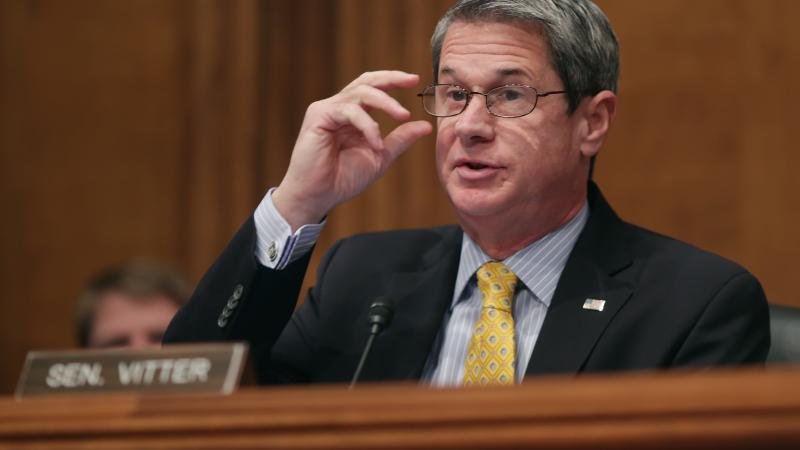Dershowitz rips potential Trump indictment as 'targeted injustice'
"If Mr. Trump or anyone else did the crime, they should do the time," he said. "But others have done things similarly to what Mr. Trump is suspected of doing, and no else is being threatened with prosecution."
Harvard Law School Professor Emeritus Alan Dershowitz on Wednesday slammed Manhattan District Attorney Alvin Bragg for pursuing an investigation into former President Donald Trump's non-disclosure payment to Stormy Daniels, likening the effort to Jim Crow era efforts to silence political dissidents.
"Does anyone actually believe that if someone else were accused of paying hush money to avoid a sex scandal in the manner that Mr. Trump is suspected of doing, he would be prosecuted?" Dershowitz asked.
At issue, is a $130,000 payment Trump made to the porn star via former his former attorney, Michael Cohen, whom Trump later reimbursed. The payment took place in the waning months of the 2016 presidential election that Trump won.
Bragg's case hinges on a premise that such a payment might constitute an illegal campaign contribution, a point with which Dershowitz took issue.
"After spending months searching the criminal code for a law that Mr. Trump might be accused of violating, Mr. Bragg has apparently landed on a highly questionable campaign contribution provision that has never before been used in a comparable situation," he wrote.
Dershowitz further suggested that Trump stands accused of a relatively common infraction for which less significant actors do not face prosecution.
"If Mr. Trump or anyone else did the crime, they should do the time," he went on. "But others have done things similarly to what Mr. Trump is suspected of doing, and no else is being threatened with prosecution."
"It is in the nature of partisan selective prosecution that a target may well be technically guilty of some violation. The question is would he have been prosecuted for that violation if he were not the political target," he continued.
"When I was coming of age in the 1950s Southern prosecutors would target civil rights workers and search for any possible violation of the law, no matter how technical," Dershowitz said. "If they discovered or invented a violation, they would indict, prosecute, convict and sentence the target."
He went on to assert that Bragg's case, should he pursue it, would undermine the principle of equal protection under the law, saying "Mr. Trump should not be indicted for novel and unprecedented technical crimes for which no one else would be prosecuted."
"Equal protection of the law requires equal application and non-application of criminal statutes," he concluded. "Mr. Bragg would be violating that important principle if he seeks a grand jury indictment based on what now appears to be the slim evidence and even slimmer legal basis."
Ben Whedon is an editor and reporter for Just the News. Follow him on Twitter.














